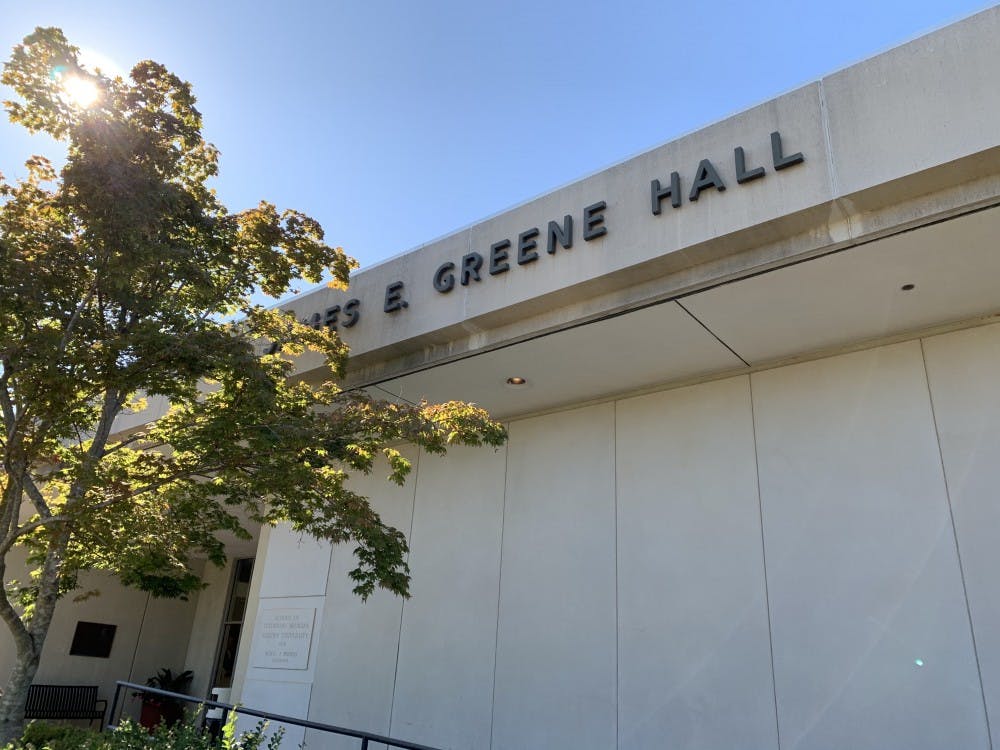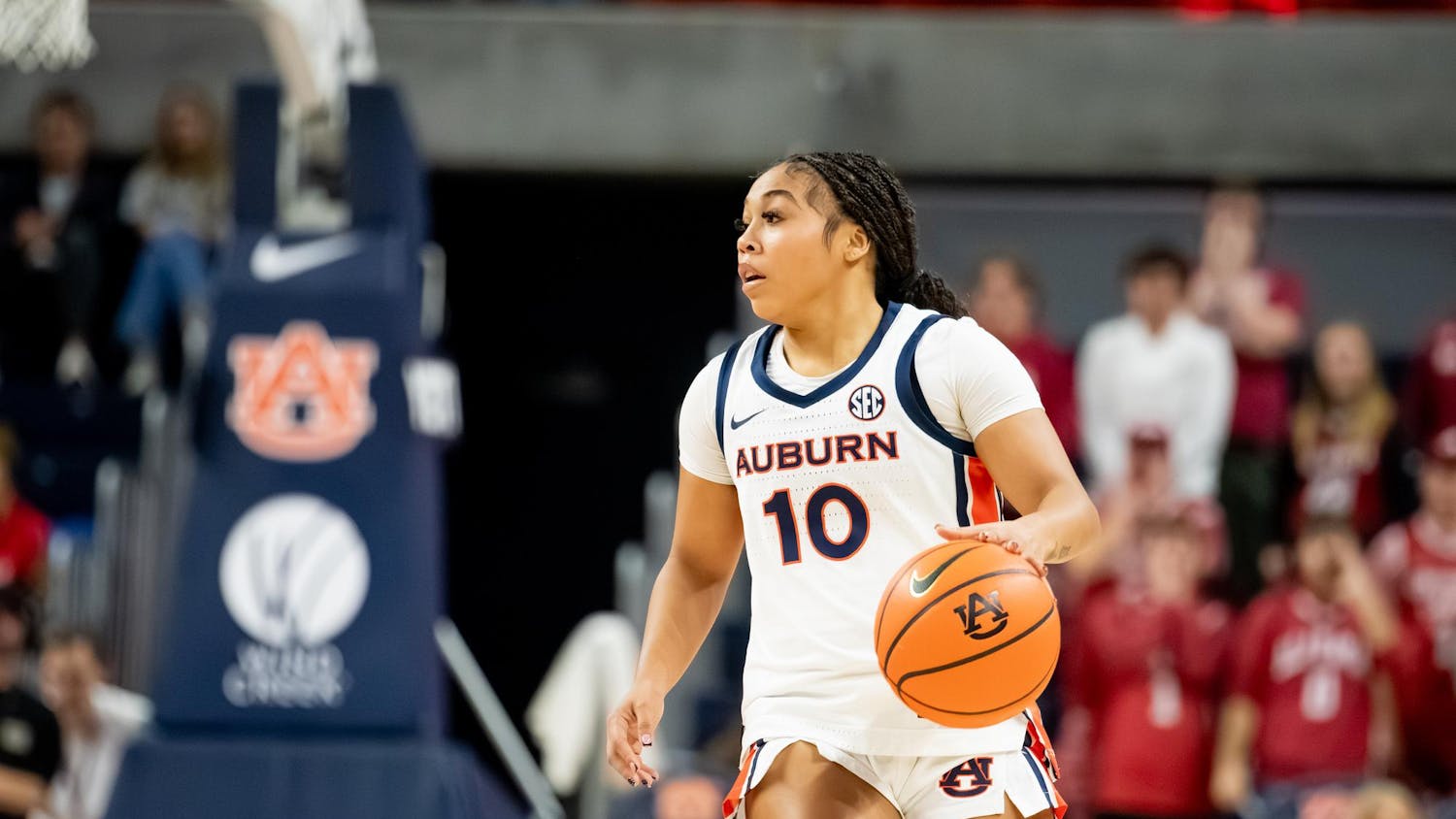At the Auburn University’s Board of Trustees meeting on Sept. 13, trustees approved a resolution that would allow the College of Veterinary Medicine to increase the professional fees for in-state students, as well as those enrolled through a contract with the Southern Regional Education Board.
Professional fees for these students will increase by $1,000 to a total of $5,542, effective the fall semester of 2020.
The board also approved the college to adjust the professional fees as the national average for cost of attendance within veterinary colleges increases, according to the Association of American Veterinary Medical Colleges.
Calvin Johnson, dean of the college of veterinary medicine, said the change is due to the University’s Strategic Budgeting Initiative, which drove colleges to examine their revenues and expenses.
“The cost to educate a veterinary student is much higher than it is … to educate an undergraduate student in almost any discipline,” Johnson said.
According to Johnson, professional colleges don’t fare well in this budgeting structure due to low student enrollment, a large faculty and the number of facilities necessary.
The college is left with two choices: reduce the quality of the education — which Johnson said the college would not do — or increase fees.
“As much as we really are reluctant to increase tuition, because we are trying to help students manage their debt load … we also know that the cost of education is high,” he said.
According to the AAVCM, Auburn’s veterinary medicine program is the fourth cheapest in the nation in terms of first-year resident tuition and fees.
Johnson said the college has a higher student population than the national average, but fewer faculty than the national average.
The college’s budget also falls short of the national average.
“We do a lot of teaching relative to the budget and our size,” Johnson said. “So that’s the reason when we generate some more revenue, then we are going to invest it in growing our faculty because that’s what we need to do to provide the best education for our students.”
In an email sent to The Plainsman, Johnson said the college has expanded its scholarships to partially offset the cost of the professional fee increase.
The college will award over $1 million in scholarships this academic year, the largest amount of scholarships it has ever awarded, according to Johnson.
For many veterinary students, the increase in professional fees brings worries of an even larger debt load after graduation.
Fleur Jones, a second-year veterinary student, said she expects to have anywhere from $150,000 to $200,000 of debt once she graduates from the four-year program.
“It’s a little scary, considering that the average veterinary salary in the US is around $80 - $85 thousand a year,” she said. “It’s a little scary for sure.”
For many people, Fleur said, it takes them up to 25 years to pay back their debts. She expects it will take her just as long.
Alexa Simmons, a second-year veterinary student, said that the cost of Auburn’s program was one of the reasons she decided to attend.
Simmons is a Kentucky resident.
Simmons, however, pays in-state tuition due to a SREB contract with the University where Kentucky students pursuing a degree in veterinary medicine can pay in-state tuition.
The state of Kentucky then pays the difference between in-state cost and out-of-state cost.
Simmons said she does not want the fee to increase.
She said she is worried about the professional fee continually increasing as the national average increases, further contributing to her debt load.
In-state tuition and fees is $9,730 per semester in Auburn’s College of Veterinary Medicine. The U.S. average is $11,272.
According to Johnson, if the national average resident cost of attendance does not change by fall 2021, the professional fees will still increase by $542.
Simmons said she can see where the revenue can go into the college.
She is, however, worried that the college will not be transparent to where that money is going. For both Simmons and Jones, transparency of where the funds are going is important.
“For the past two years, the college has delayed filling several key faculty positions in order to meet its budget,” Johnson said in an email response.
Johnson said the college will use the funds generated by the fee to hire three faculty members in key areas: one in small animal soft tissue surgery, one in surgical oncology and one in ophthalmology.
“These three new faculty would enhance didactic and clinical education for our veterinary students and would generate additional caseload and clinical revenue for the college’s Veterinary Teaching Hospital,” Johnson said.
He said he is always willing to meet with students to discuss the college’s budget and the decisions they are making that affect the quality and value of the program.
Do you like this story? The Plainsman doesn't accept money from tuition or student fees, and we don't charge a subscription fee. But you can donate to support The Plainsman.





